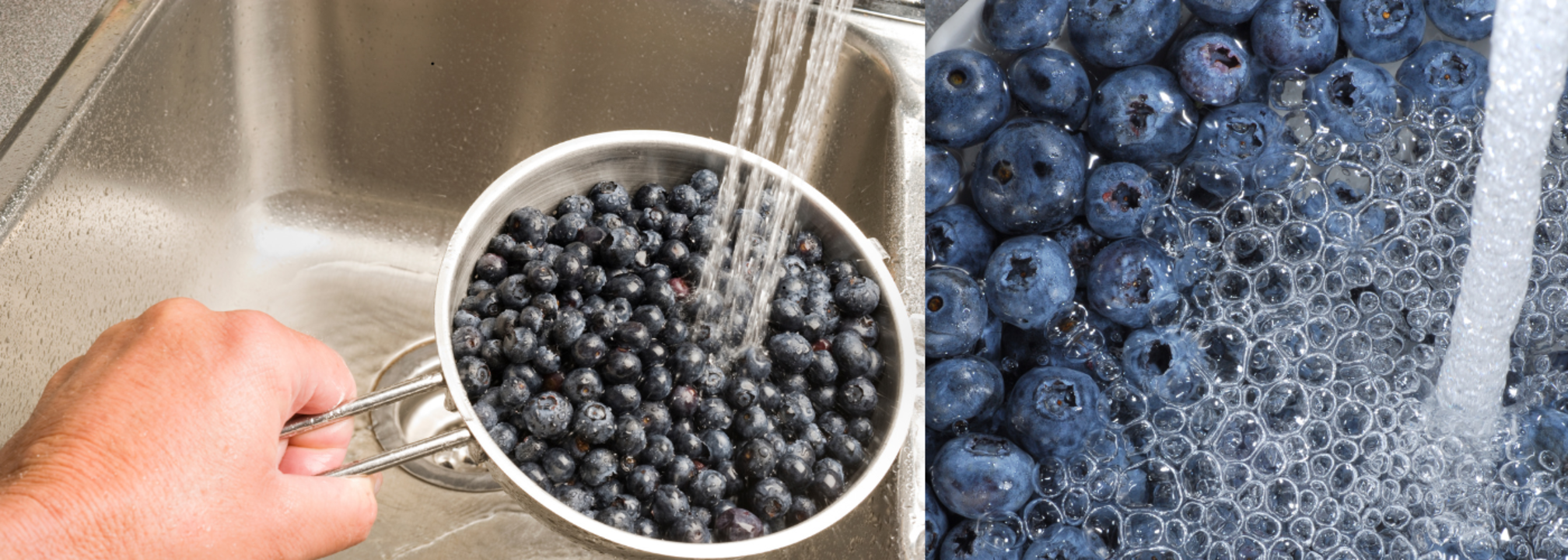These Steps Will Wash Blueberries The Right Way And Remove Pathogens And Pesticides Residue

Credits: Canva
SummaryThe FDA recalled 12,000 pounds of organic blueberries over Listeria concerns. Experts say rinsing with water isn’t enough—vinegar or baking soda washes are safer, helping remove bacteria, pesticides, and prolong freshness when used correctly.
End of Article
